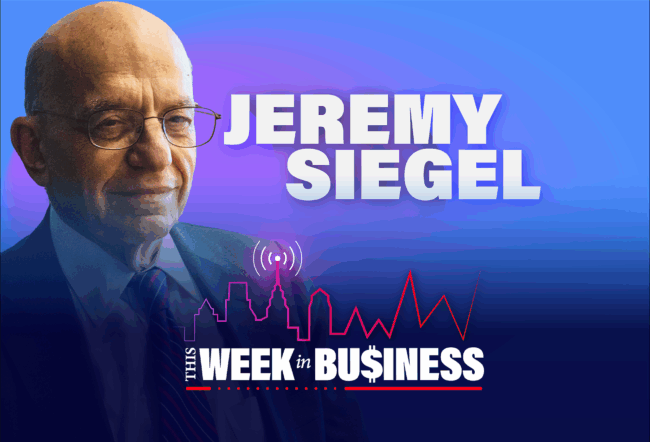Overstepping Its Bounds? The Fed’s Attempt to Curb Risky Business
The latest salvo against excessive compensation is a plan by the Federal Reserve to review salary and bonus proposals at thousands of banks across the U.S., according to a report in The Wall Street Journal.
The proposal, still at a preliminary stage, is sure to generate controversy, in part because it “injects government regulators deep into compensation decisions traditionally reserved for the banks’ corporate boards and executives,” the Journal article notes.
While the proposal does not need congressional approval, it will no doubt set off an intense debate between Republicans, who are typically against significant government intrusion into the private sector, and Democrats, who are keenly aware of taxpayers’ disgust at huge compensation packages awarded to executives in companies that received government bailouts.
“What’s interesting about this is that high levels of cash do not in themselves increase risk taking. If anything, this reduces risk taking because with cash and equity, especially equity, you have some incentive to worry about the downside risk,” says Kent Smetters, Wharton professor of insurance and risk management. “The shortcoming of options is they give a one-sided payoff. You don’t lose anything if the gamble doesn’t work.”
Stock options, he adds, were originally “designed to try and align incentives more. But they have gone too far. One reason is the 1993 law that capped the deductibility of cash compensation at $1 million. The cap didn’t apply to options. That’s why, in the mid to late 1990s and after, you saw an explosion of stock options, which encourages risk taking.” A better approach for the Fed, Smetters suggests, “would be to reverse the 1993 law. Then well-informed boards would have more incentive to use equity rather than options, and that would reduce a lot of risk-taking.”
According to the Journal, the Fed’s proposal – which will keep an especially close eye on the country’s 25 largest banks — is expected to encourage firms to use clawbacks as a way to rescind the compensation of employees who engage in overly risky practices. The Fed “could also demand that more pay be offered through restricted stock or other forms of long-term compensation designed not to reward short-term performance.”
For other articles on executive compensation, see:
Incentives for the Long Run: An Executive Compensation Plan That Looks Beyond the Next Quarter
Outrage over Outsized Executive Compensation: Who Should Fix It and How?



